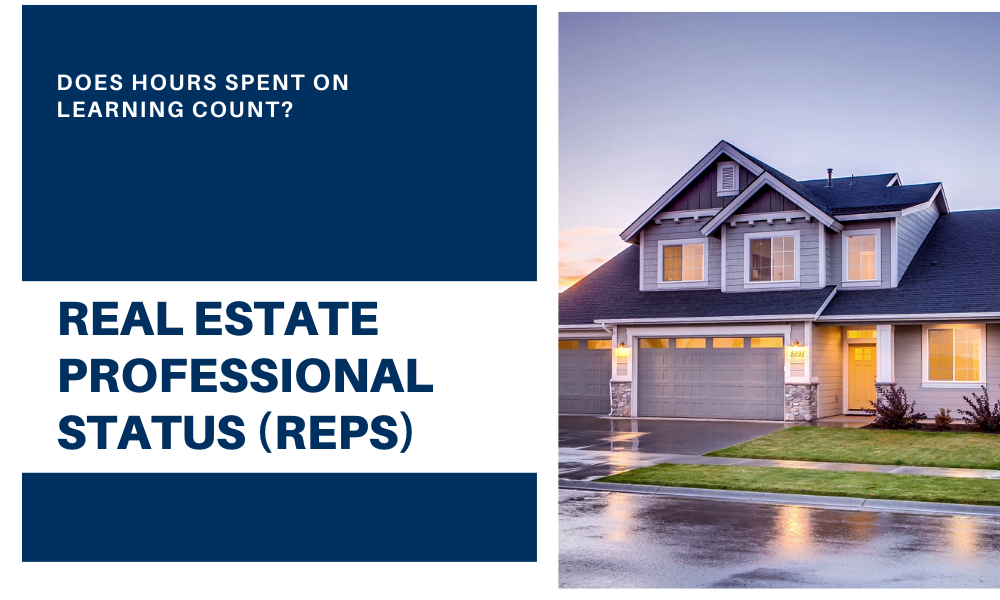
In the world of real estate, understanding the intricacies of material participation is crucial for professionals navigating the tax landscape. But one question often arises: Does education time count toward material participation? Let's delve into this query and clear up any confusion.
The Short Answer
In straightforward terms, the answer is no. Educational time does not count toward material participation for real estate professionals (REPS).
Defining Material Participation
Material participation, as defined by the IRS, entails active involvement in the day-to-day operations of a business, characterized by regular, continuous, and substantial engagement. This involvement typically revolves around activities directly linked to managing or operating real estate.
Qualification Requirements
To qualify for material participation, individuals must meet certain criteria:
Rationale Behind the Exclusion
The exclusion of educational activities from material participation stems from the distinction between preparation and active management. While education is undeniably valuable for enhancing knowledge in real estate, it is viewed as preparatory rather than actively managing daily operations.
Implications for Real Estate Professionals
Excluding educational time means that hours spent acquiring knowledge through courses, seminars, or self-study cannot be included in the 750-hour requirement necessary for qualifying for REPS.
Seeking Expert Guidance
Given the complexities involved in qualifying for real estate professional status, consulting with a specialized real estate tax advisor is highly recommended. These professionals can provide tailored guidance to ensure compliance with IRS regulations and optimize tax strategies.
Conclusion
Understanding the nuances of material participation is essential for real estate professionals seeking to maximize tax benefits. While education is invaluable for personal and professional growth, it does not contribute to material participation in the eyes of the IRS. By adhering to qualification requirements and seeking expert advice, individuals can navigate the tax landscape with confidence and clarity.